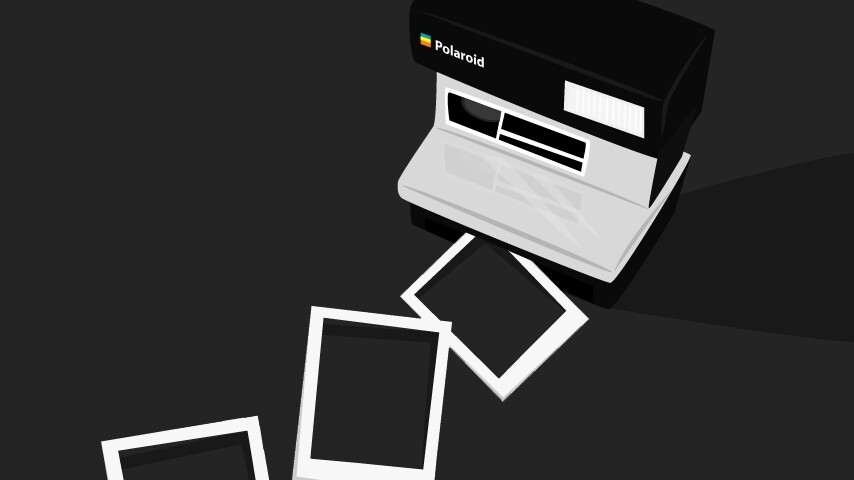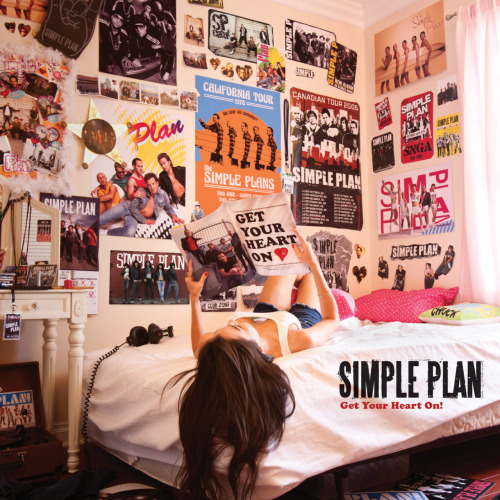
We reported back in March that image-tagging service ThingLink had partnered with SoundCloud, allowing for audio to be embedded within images on websites. And from today, this has been taken a step further.
ThingLink has launched rich media tagging, allowing greater interaction with external media platforms such as social networks and video-sharing websites. This means you will now be able to consume more external content from within an image itself, rather than it simply linking to external content.
ThingLink specializes in what it calls “in-image interaction tools”, and from today web publishers, brands, bloggers…anyone with a desire to upload images to a website, can use this new functionality.
Rich media tags have so far been developed for the likes of Facebook, YouTube, Flickr, Spotify, Vimeo, Wikipedia, SoundCloud and Twitter. And this tagging can be used to enrich the story behind anything from a promotional flyer or photograph, to a branded product or piece of artwork.
Ulla Engestrom, founder and CEO of ThingLink said:
“ThingLink is changing how people engage with photos by transforming them from a static image, into a navigational surface for exploring rich, relevant content that enhances the viewer’s knowledge and experience. The implications for this are immense. We know context creates clicks and anticipate these rich media tags will significantly increase the amount of time people spend interacting with an image and in turn increase plays, follows and engagement with the platforms connected to them.”
So, ThingLink has taken the concept of ‘image as a platform’ and really run with it. Examples of how rich media tags are already being used include Canadian band Simple Plan, who have revealed details of their new album ‘Get Your Heart On’ as follows:

To use rich media tags, publishers simply connect their website, blog or Flickr account with the ThingLink platform and they are provided with embeddable code to make all or individual images taggable. When linked with a URL to one of the rich media enabled sites, a tag then appears revealing the related content. These tags will then be revealed every time a viewer scrolls their mouse over the uploaded image. By using ThingLink, publishers can also include links to other social networks, blogs, news and commerce sites that are yet to have rich media tags created.
This new functionality reminds me a little of Webdoc, in that you can create really rich, interactive multimedia assets simply.
Get the TNW newsletter
Get the most important tech news in your inbox each week.




